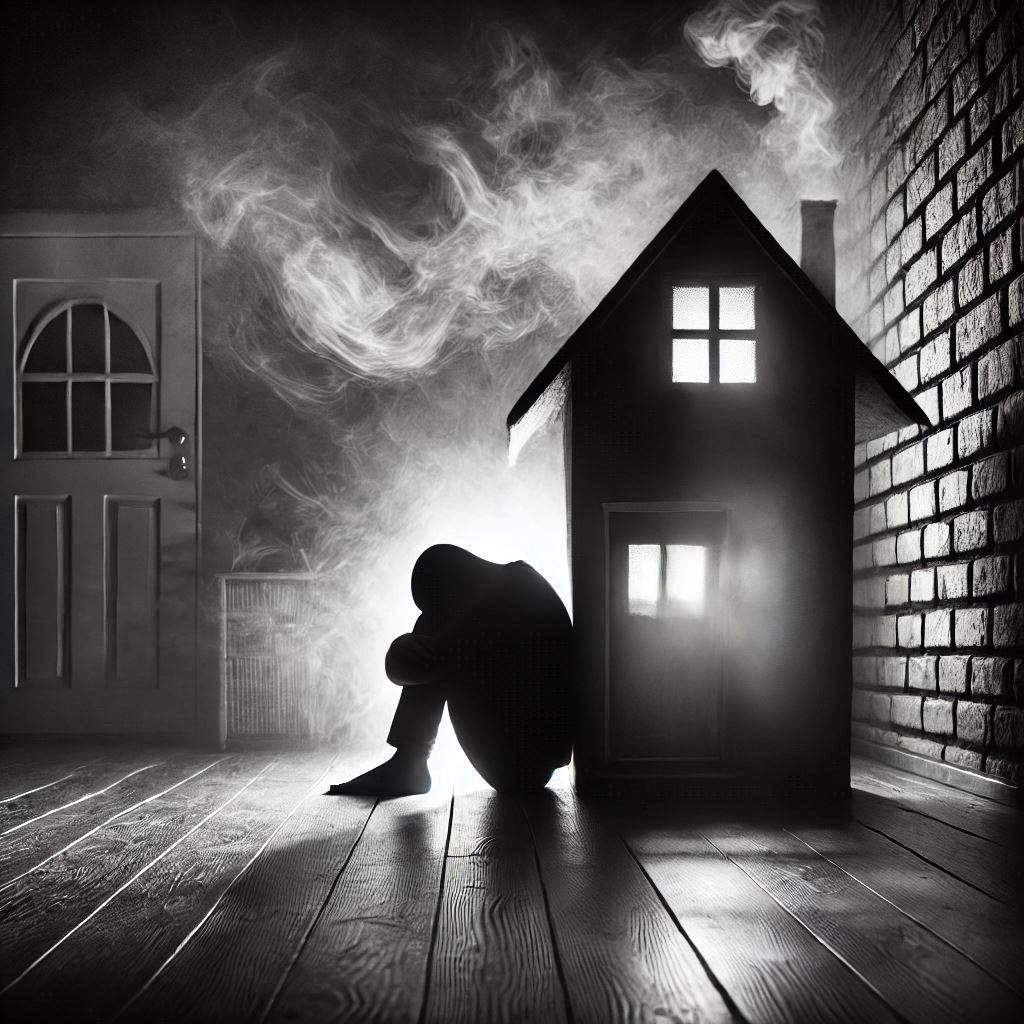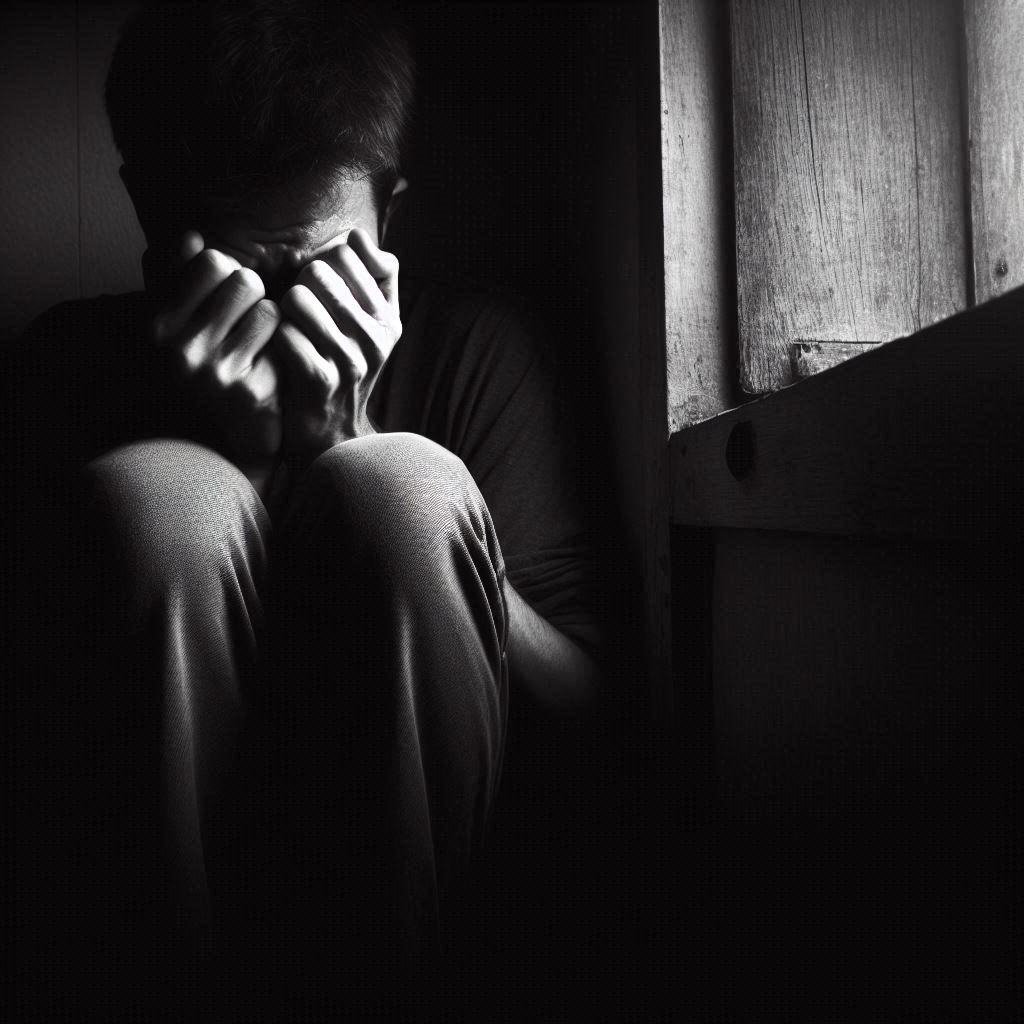Agoraphobia is a debilitating anxiety disorder characterized by an intense fear of being in situations where escape might be difficult or embarrassing. While it’s natural to experience some anxiety in certain situations, agoraphobia can significantly impact your daily life and overall well-being. If you’re struggling with agoraphobia, it’s essential to recognize the signs that it’s taking a toll on your life so you can seek the necessary help and support.
1. Avoiding Social Events
One of the most evident signs that agoraphobia is ruining your life is the constant avoidance of social events. Whether it’s a family gathering, a friend’s birthday party, or a work function, the mere thought of attending these events can trigger overwhelming anxiety and panic. As a result, you may find yourself declining invitations or making up excuses to avoid social situations, leading to strained relationships and feelings of isolation.
2. Difficulty Leaving the House
For individuals with severe agoraphobia, even the simplest tasks that require leaving the house can become daunting challenges. Running errands, attending appointments, or going to work can trigger intense fear and panic attacks. This can significantly disrupt your daily routine and make it challenging to maintain a sense of normalcy in your life.
3. Panic Attacks in Public
Panic attacks are a common symptom of agoraphobia and can strike unexpectedly in public places. These episodes can be incredibly distressing, causing physical symptoms such as rapid heartbeat, sweating, and shortness of breath, as well as intense feelings of fear and dread. The fear of experiencing a panic attack in public can lead to further avoidance and social withdrawal, exacerbating the impact of agoraphobia on your life.
4. Dependence on Others
As agoraphobia worsens, you may find yourself becoming increasingly dependent on others for tasks that require leaving the safety of your home. This reliance on friends, family members, or caregivers can strain relationships and contribute to feelings of guilt, shame, and loss of independence.
5. Neglecting Responsibilities
Agoraphobia can make it challenging to fulfill responsibilities such as work, errands, or household chores. The constant fear and avoidance of certain situations can lead to neglecting important tasks, which can have negative consequences on your professional and personal life.
6. Fear of Open Spaces
One of the defining characteristics of agoraphobia is the fear of open spaces or situations where escape might be difficult. This can include crowded places like shopping malls, public transportation, or even outdoor areas like parks or stadiums. The constant fear of being in these situations can significantly limit your freedom and prevent you from fully enjoying life.
7. Avoidance of Treatment
While seeking professional help is crucial for managing agoraphobia, many individuals with this condition may avoid treatment due to fear or stigma. This avoidance can perpetuate the cycle of anxiety and make it even more difficult to overcome the disorder.
8. Financial Strain
Agoraphobia can have a significant financial impact, particularly if it prevents you from maintaining employment or causes you to miss work frequently. Additionally, the cost of seeking treatment, medication, or other coping mechanisms can add to the financial burden.
9. Physical Health Decline
The stress and anxiety associated with agoraphobia can take a toll on your physical health. Chronic stress can weaken the immune system, increase the risk of cardiovascular problems, and exacerbate existing health conditions. Neglecting self-care or avoiding medical appointments due to agoraphobia can further contribute to physical health issues.
10. Emotional Toll
Living with agoraphobia can be emotionally draining, leading to feelings of loneliness, frustration, and depression. The constant fear and avoidance of certain situations can prevent you from fully engaging in life and pursuing your goals, leading to a sense of hopelessness and diminished quality of life.
Conclusion
Agoraphobia is a debilitating condition that can significantly impact every aspect of your life if left unaddressed. Recognizing the signs that agoraphobia is ruining your life is the first step towards seeking the necessary help and support. Remember, you don’t have to face this battle alone. Seeking professional treatment, building a supportive network, and practicing self-care can help you manage your agoraphobia and regain control over your life.








